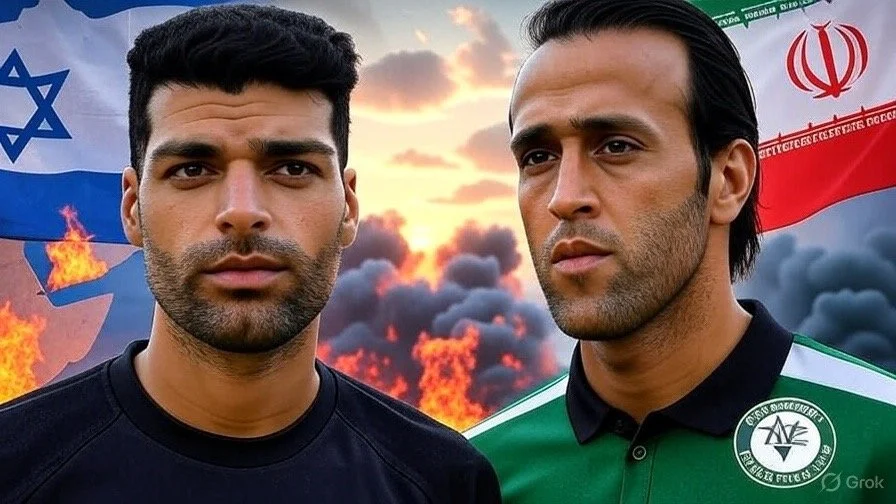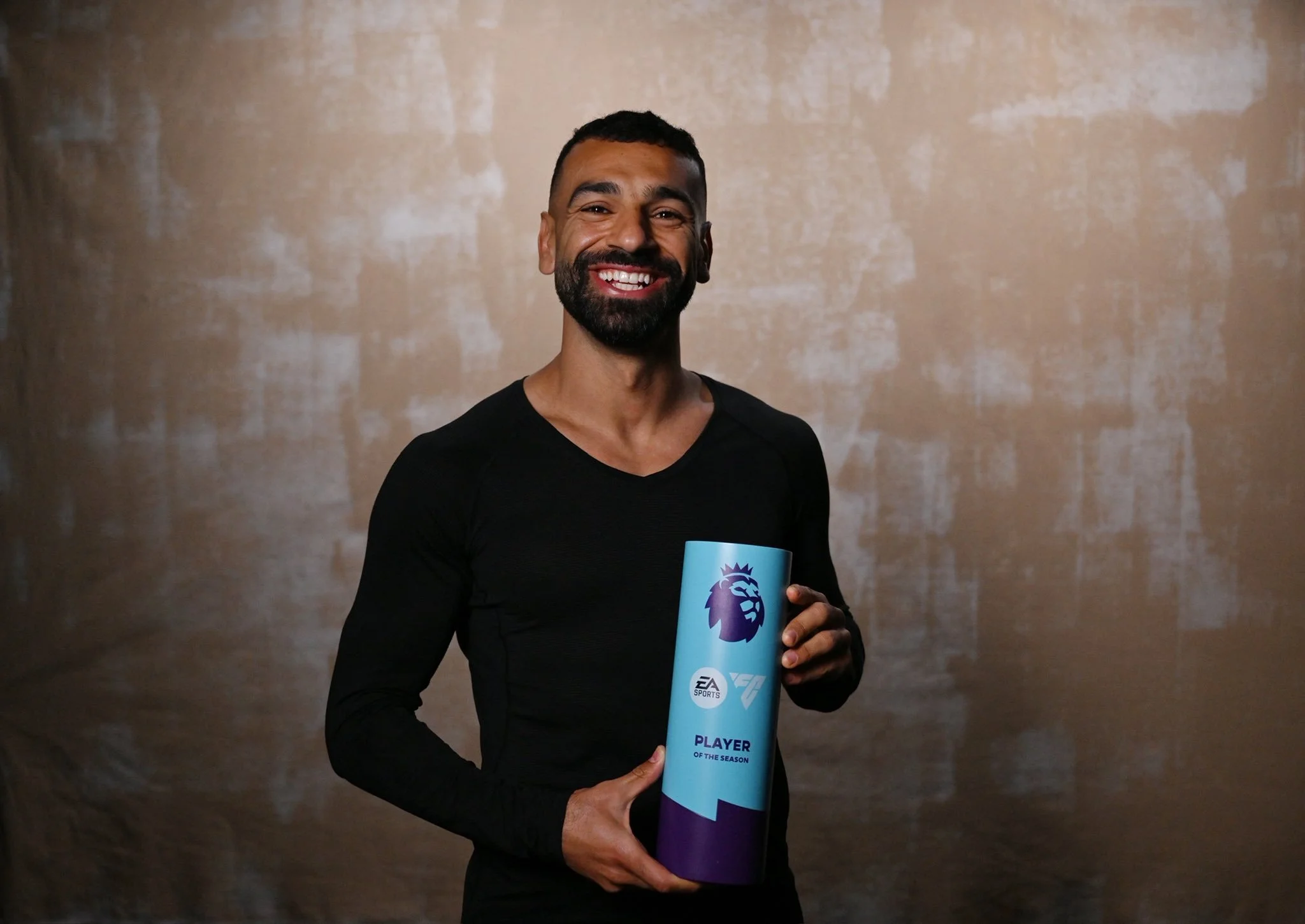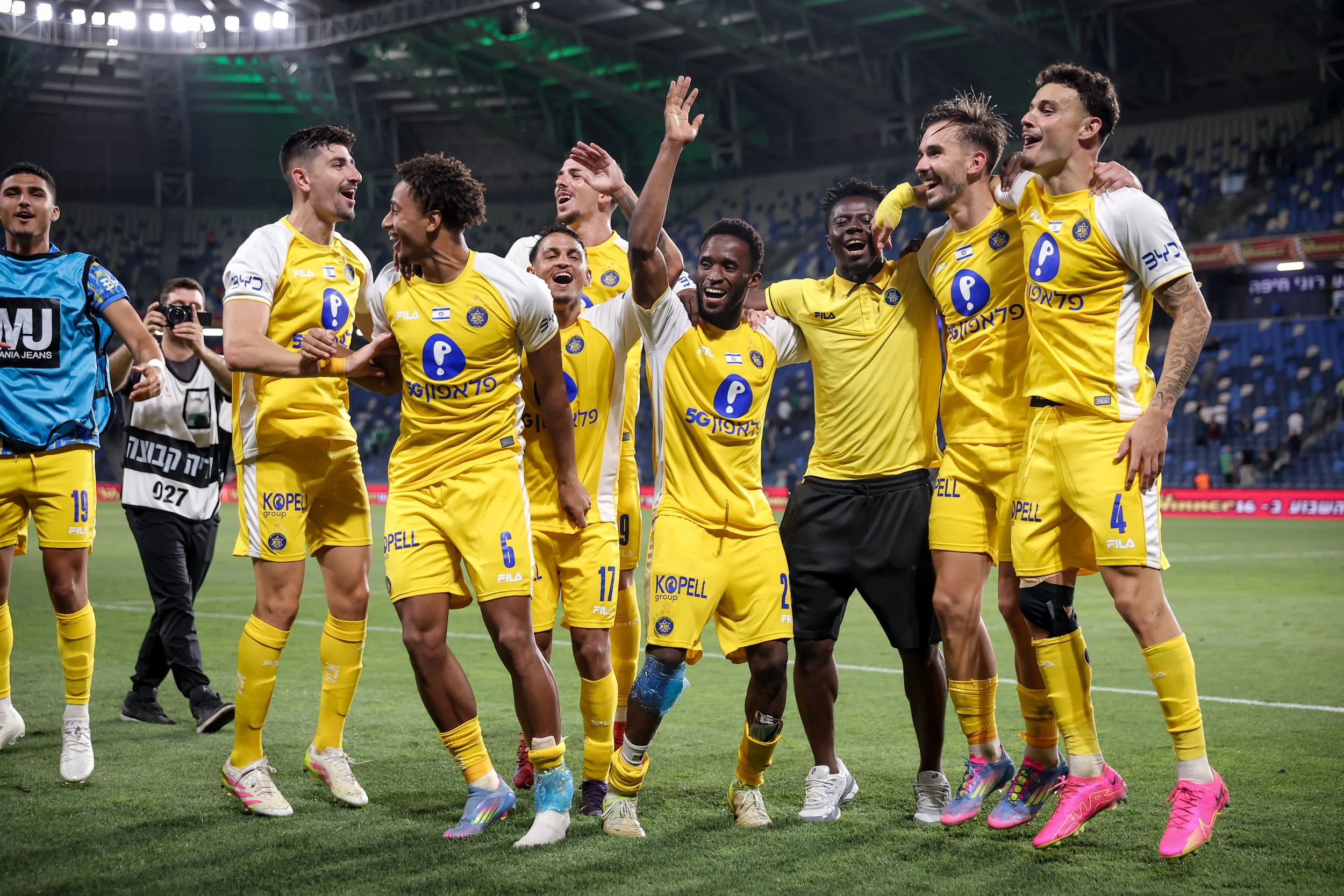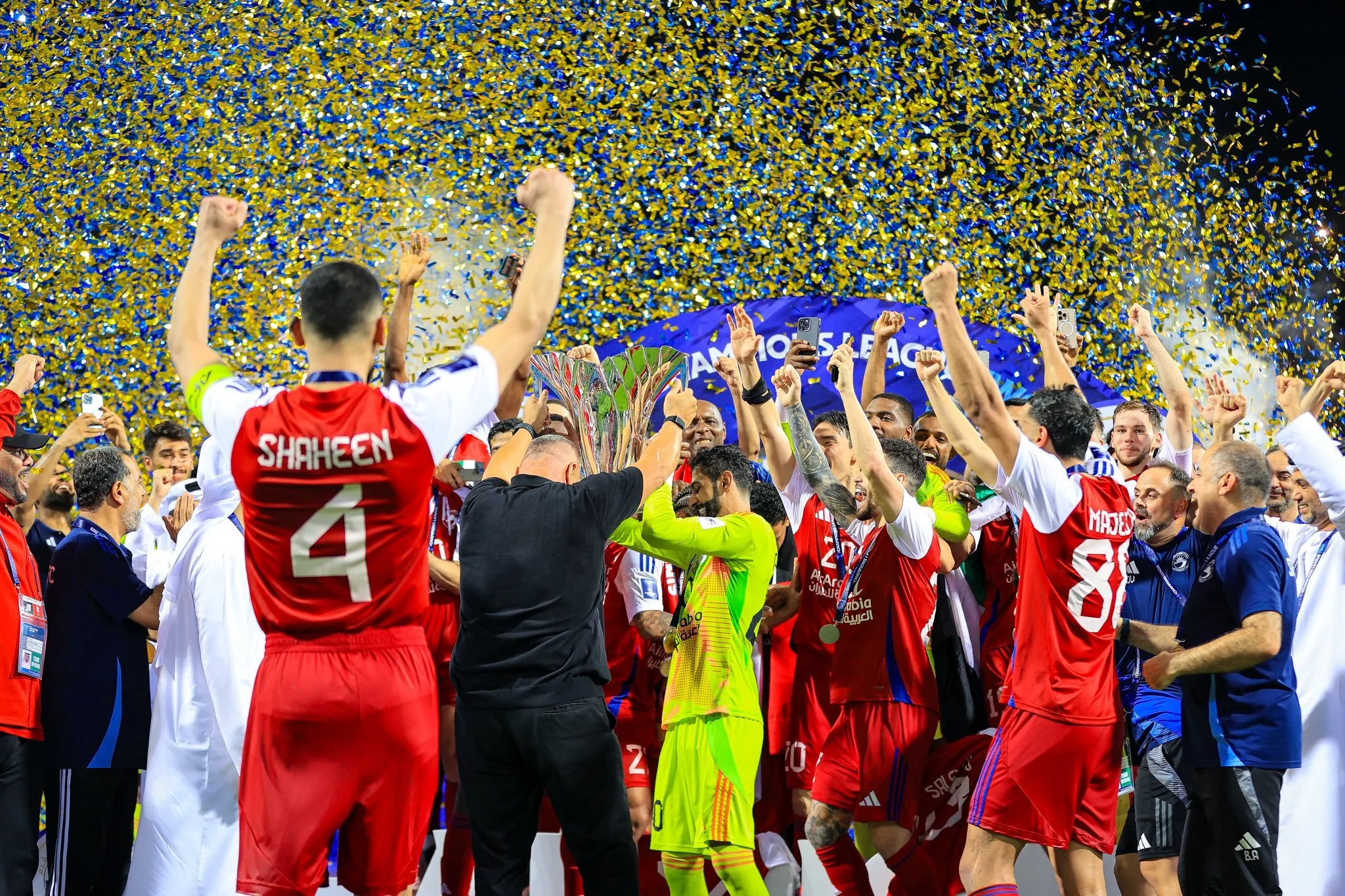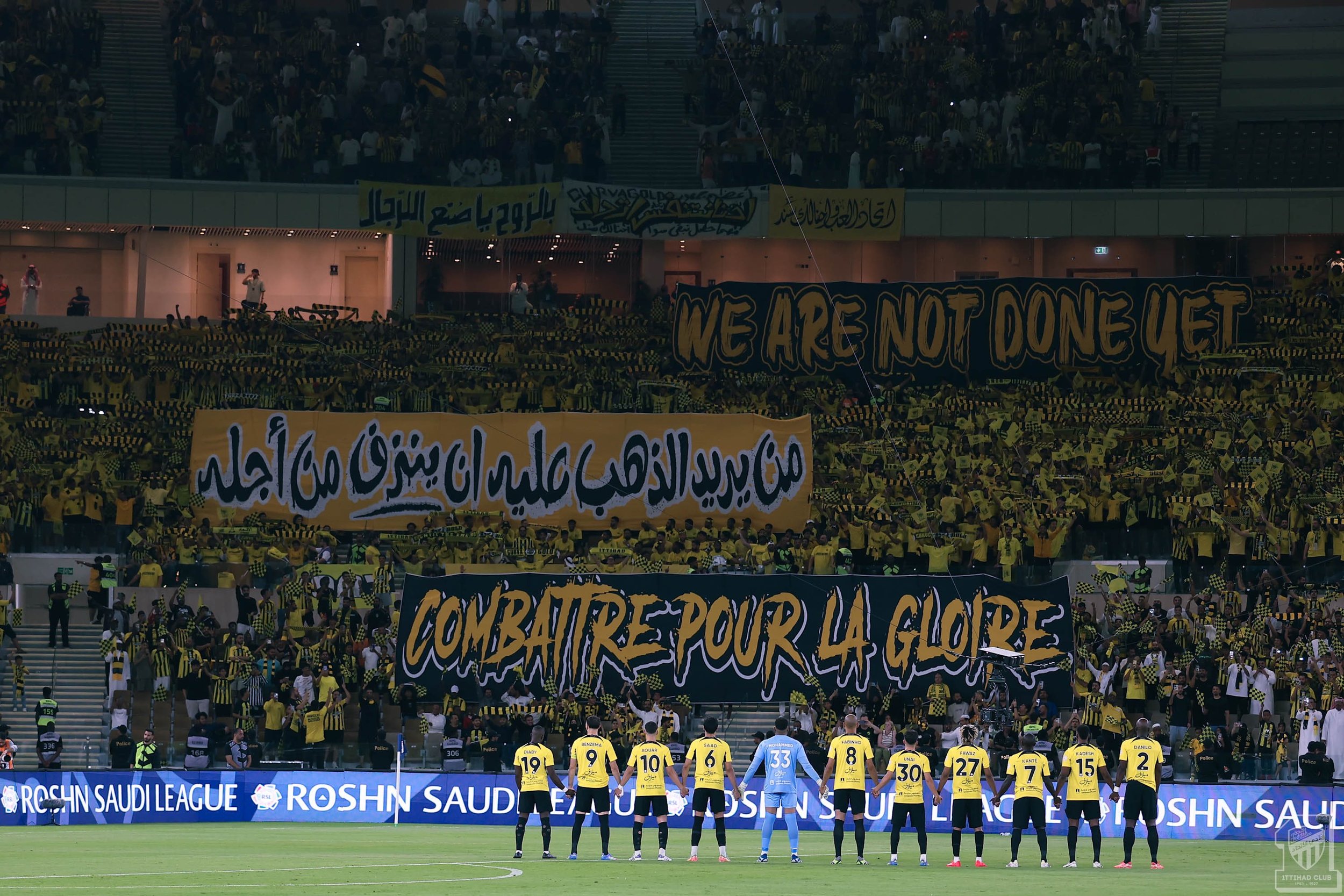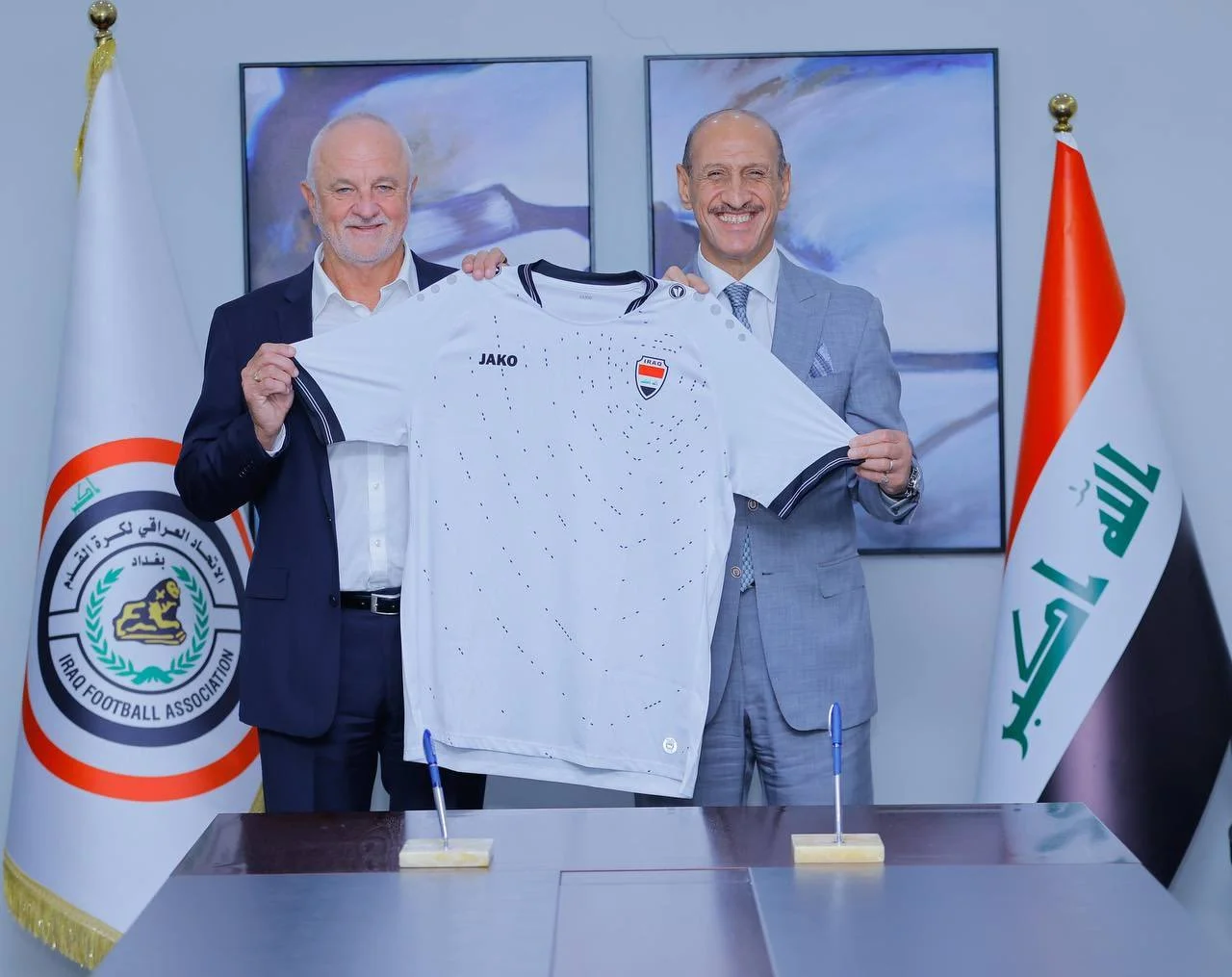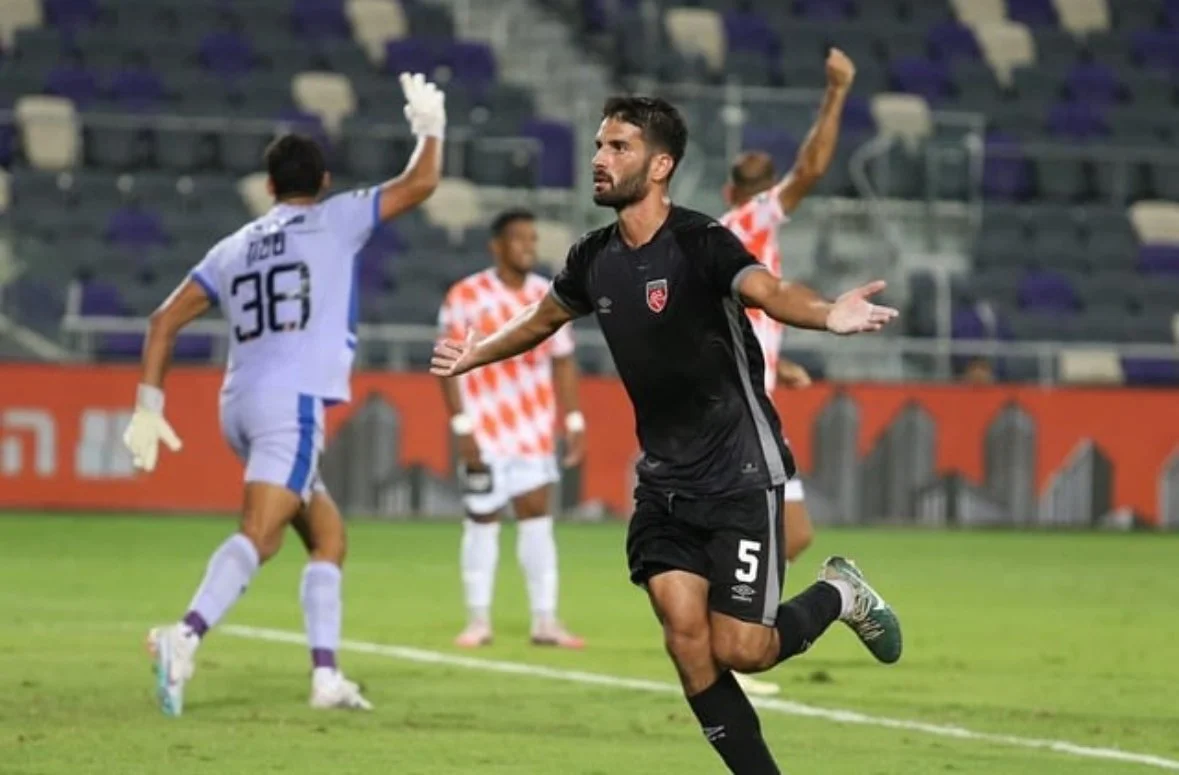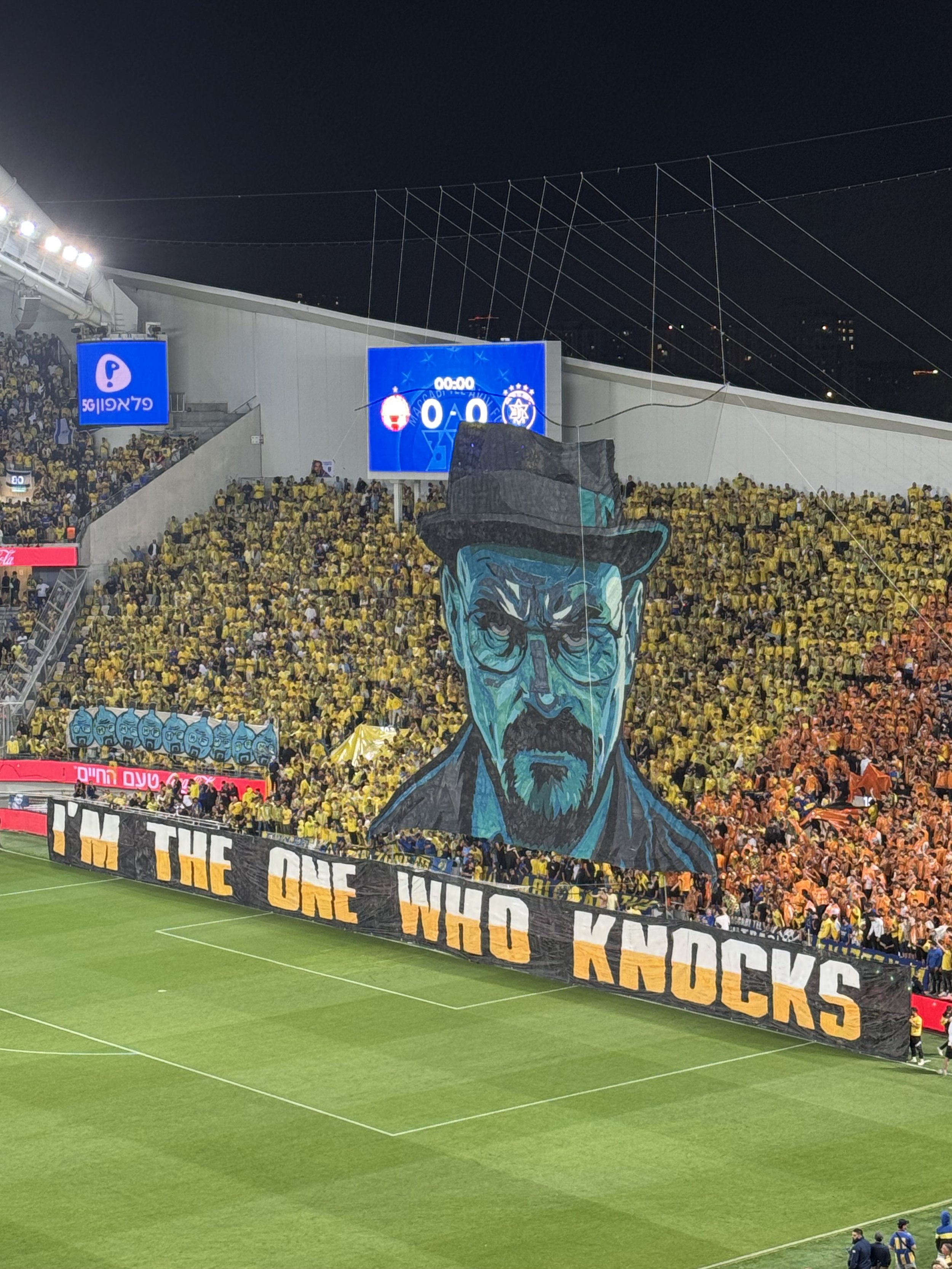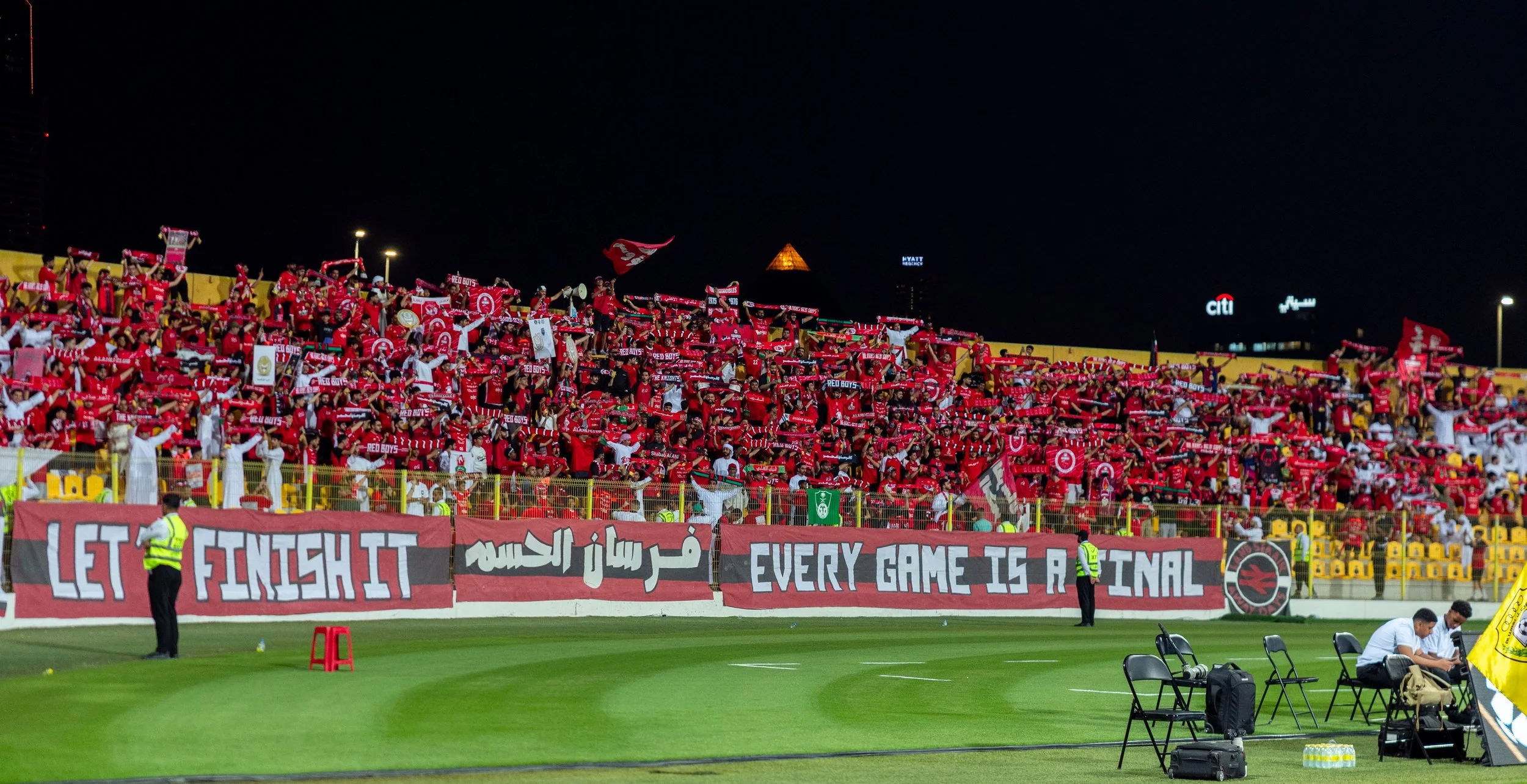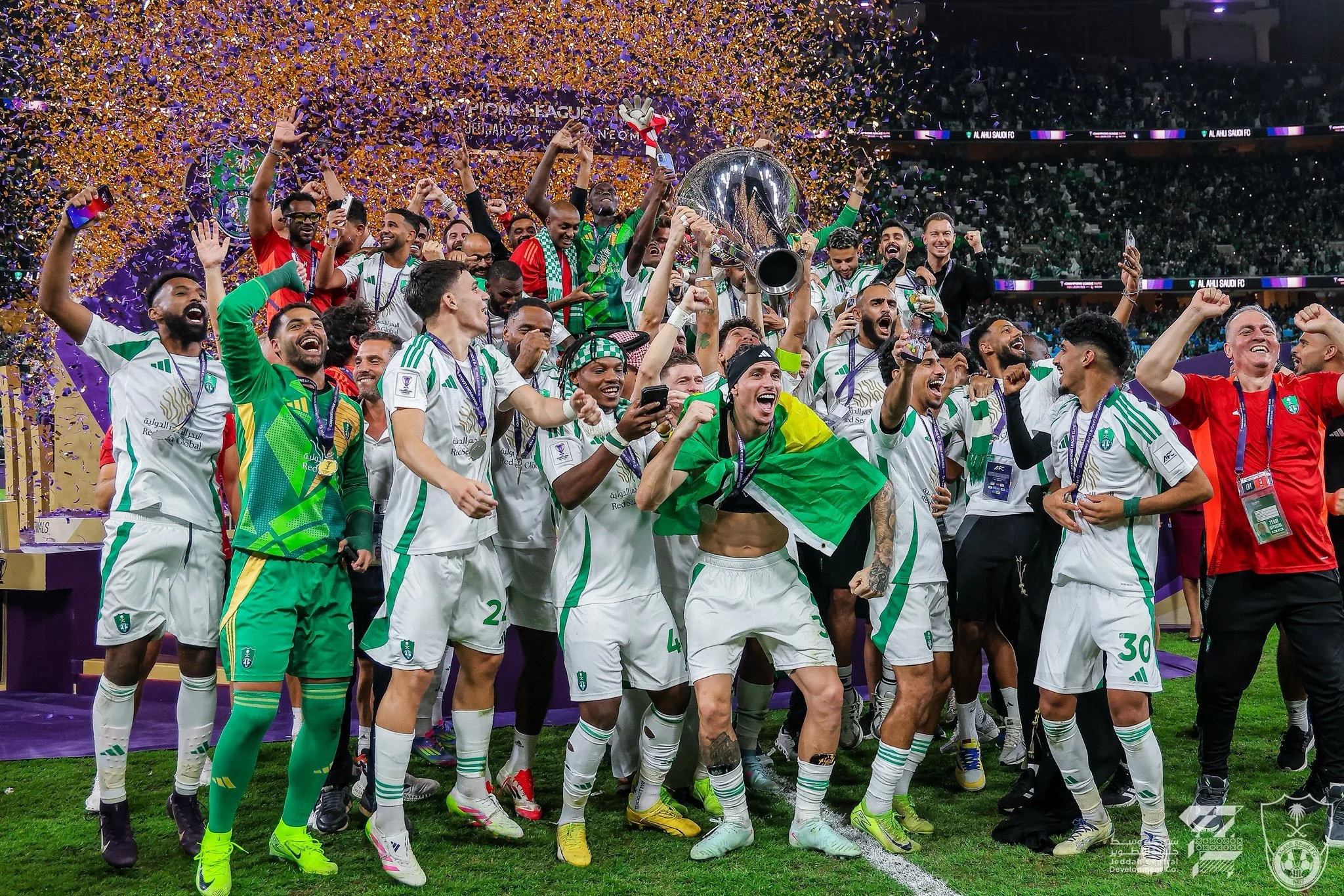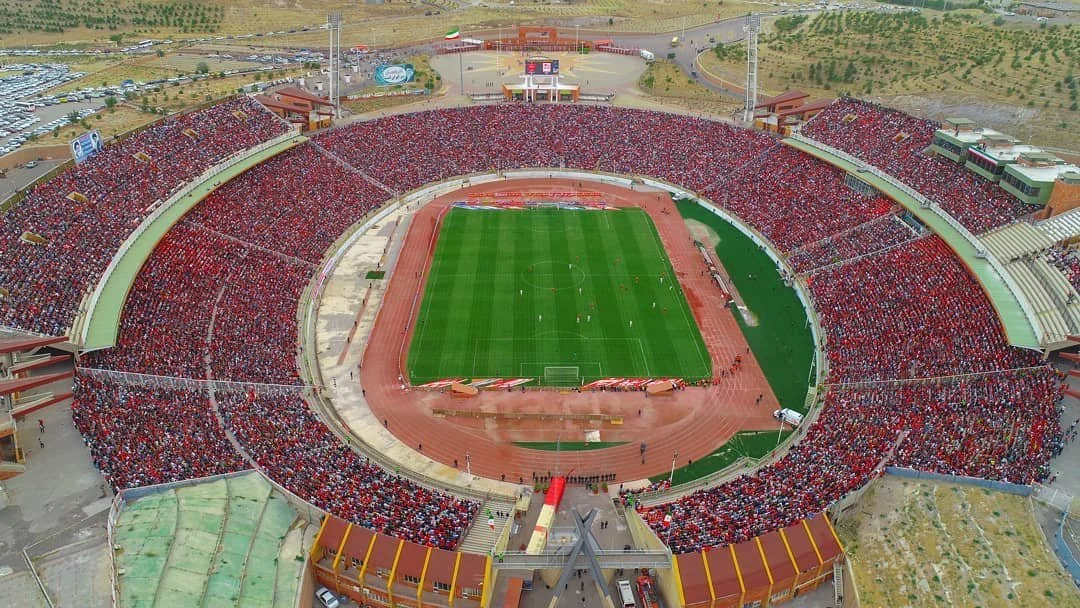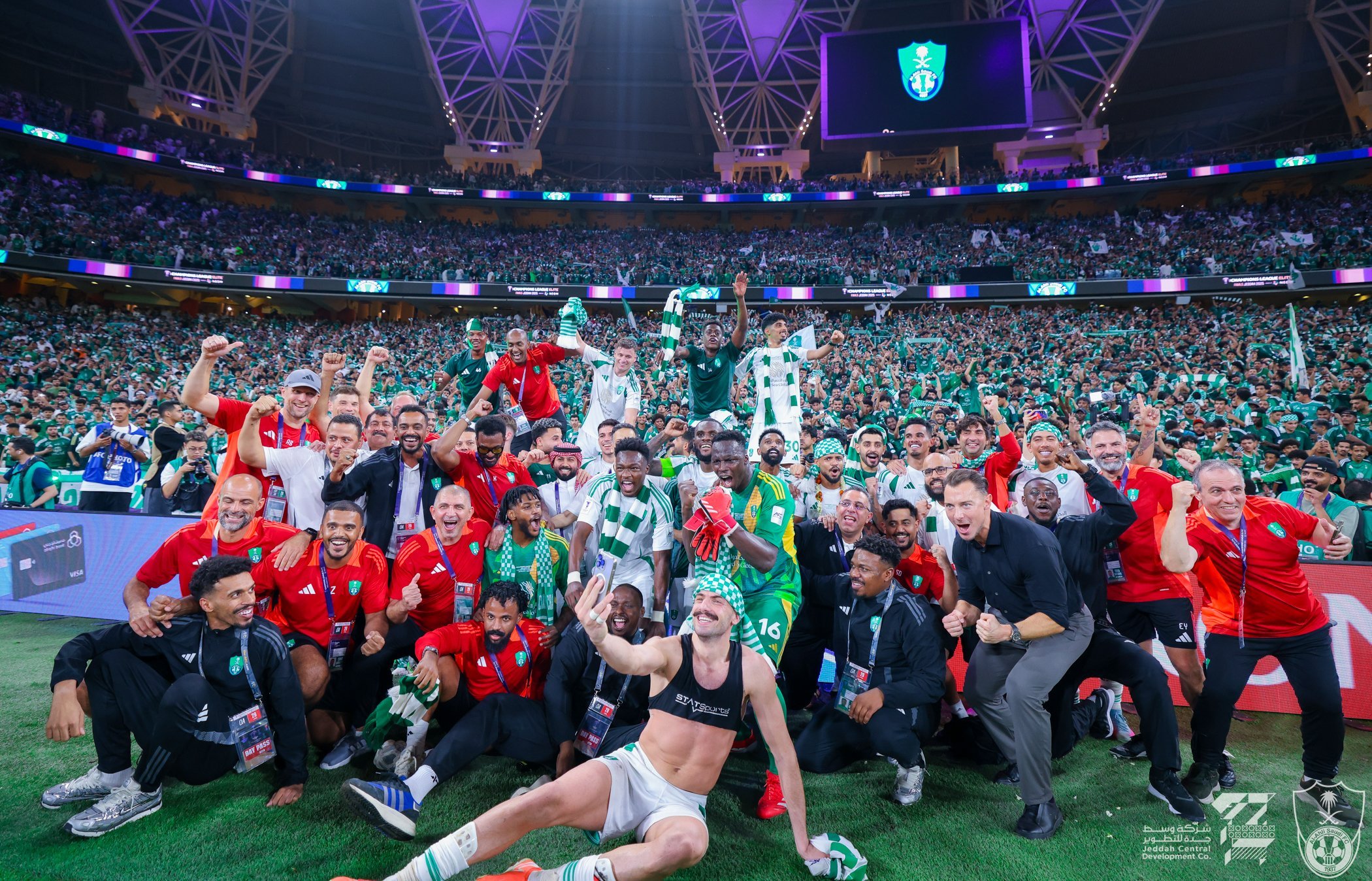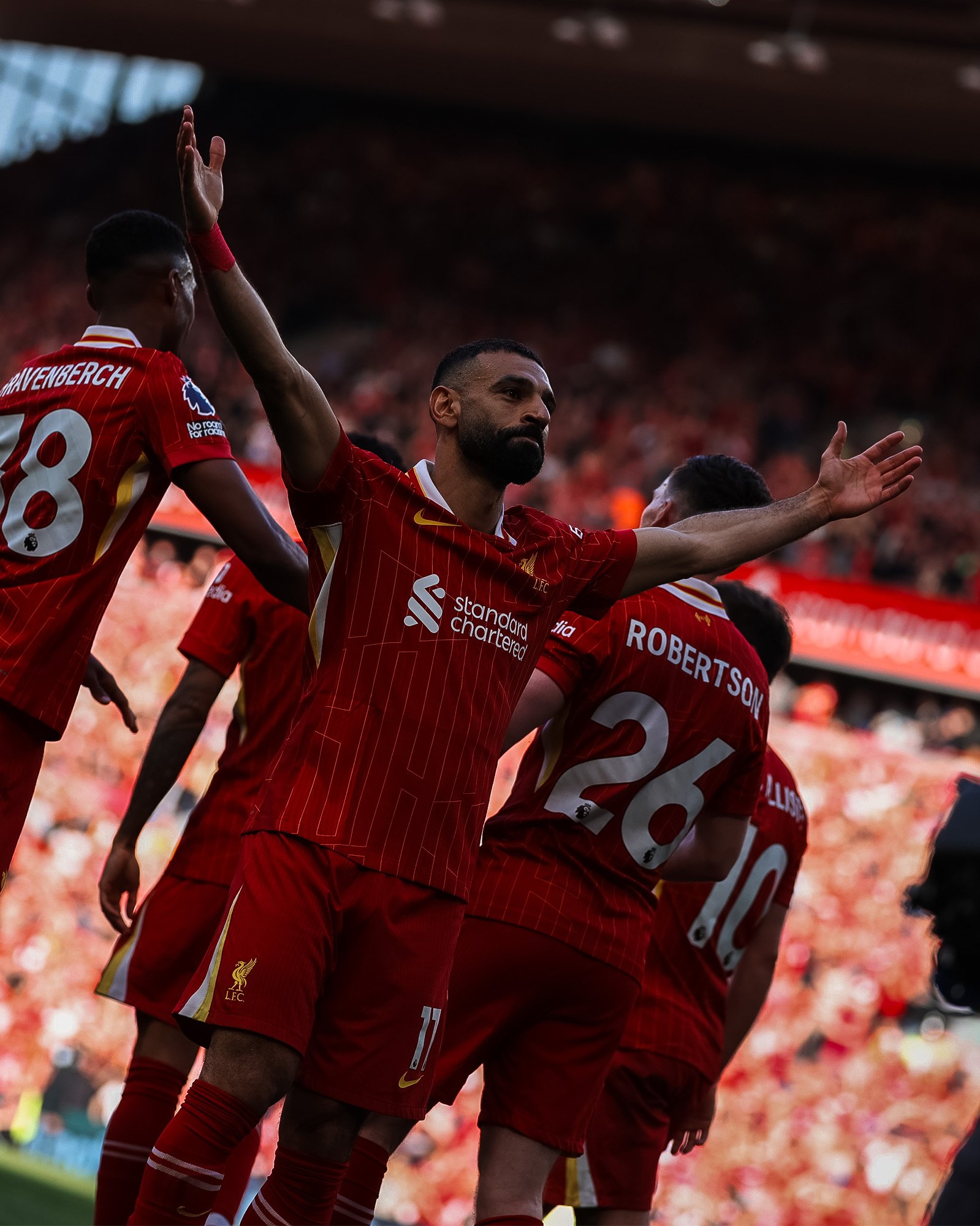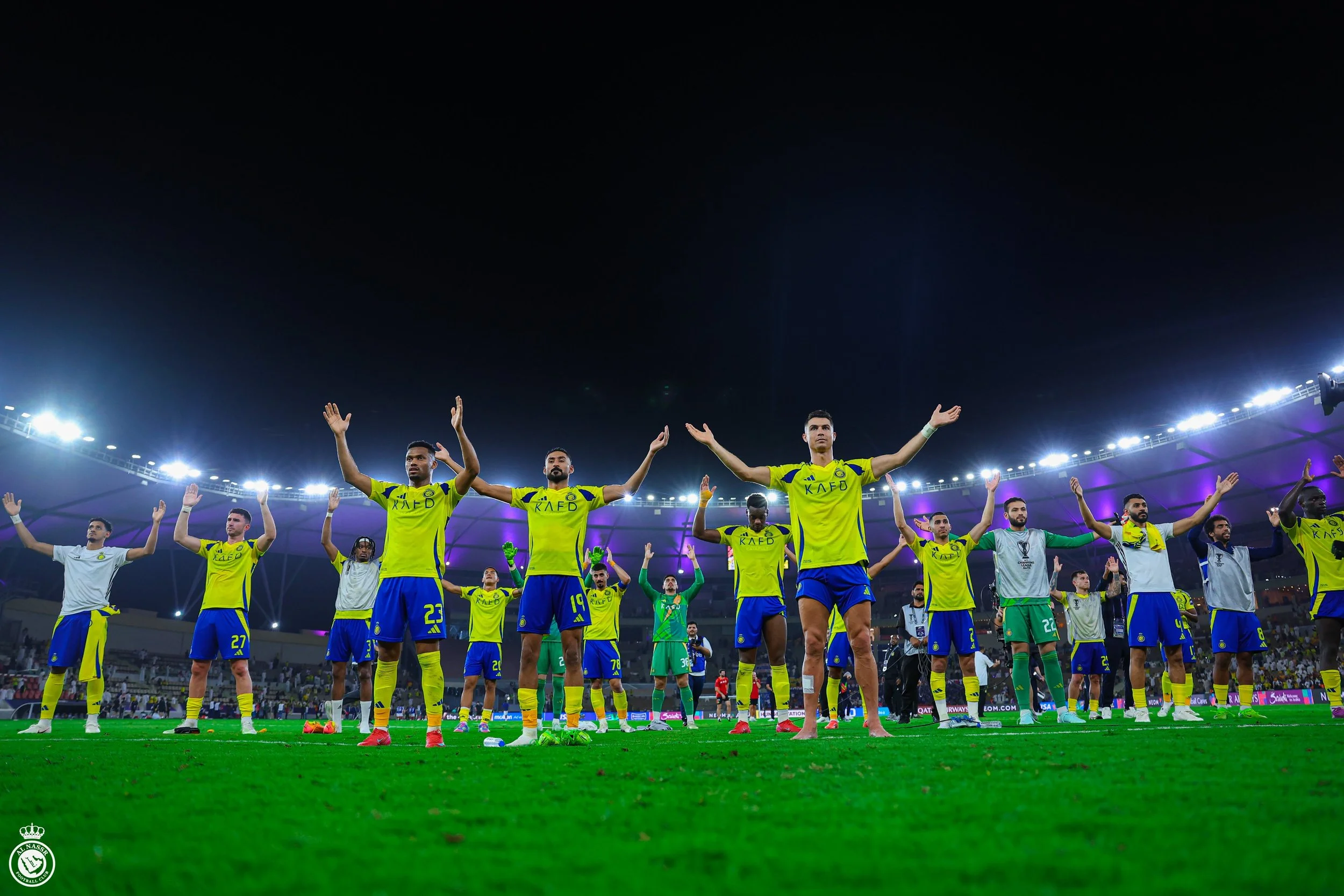While awaiting Iran's promised response to the assassination of Ismail Haniyeh and the looming war with Israel, something very interesting is happening in Iran this summer.
And no, it's not related to the Gaza war or the bubbling Middle East.
As Israeli Premier League clubs struggle to sign foreign players and execute simple transfers, with half of Maccabi Haifa's foreigners seeking escape routes from a club that was recently considered a sound stage for Champions League aspirants, the transfer window in the Persian Gulf Pro League is exploding with a renaissance of foreign players not seen in years.
This summer window has attracted names that previously wouldn't have considered the Iranian league. Gael Kakuta, once a Chelsea wonderkid bought for millions from Lens and now a DR Congo international, has signed with Tehran giants Esteghlal. Joining him is Didier Ndong, who was a Gabon national team star until recently.
Across town, major rival Persepolis is still searching for foreign reinforcements, having invested heavily in the coaching department. The highly regarded Spanish coach Juan Carlos Garrido has signed on after successful stints with Egypt's Al Ahly and Morocco's Wydad Casablanca. The Bohemian side of Tehran hopes he'll lead them to greatness. The squad already boasts an Algerian goalkeeper, a Moroccan player, and a Georgian national team defender, Giorgi Gvelesiani, who featured in the recent Euros. If that’s not enough, the 2018 World Cup champion, Steven Nzonzi, is set to become a Sepahan player, this week.
While Tehran's big two have occasionally attracted relatively big-name coaches and foreign players, even during the most challenging years of international economic sanctions on Iran, this summer, smaller clubs are making moves, too. Esteghlal Khuzestan, nicknamed "Iran's Leicester" after their rare 2016 championship win (a season after promotion, mirroring Leicester's fairytale in England), is a key player in the market. The club from the Arab-populated Ahwaz region has signed Dimitrios Chatziisaias, formerly of PAOK Thessaloniki, and Thievy Bifouma, a Congo international with 41 caps who played in La Liga with Espanyol and in the Premier League with West Bromwich Albion.
"What's happening this year is truly special," explains A., an Iranian football journalist who requested to remain anonymous, to BabaGol. "The league will be competitive this season."
Persian gulf Pro League privatization a key
So how is it that Israeli clubs can barely find foreign players due to the complex geopolitical situation in the Middle East while Iran succeeds and is having an exceptional summer?
"The clubs are willing to spend big money for two main reasons," says A. "The first is the privatization process that the two biggest clubs – Esteghlal and Persepolis – have undergone." In recent years, these two pillars of Iranian sport suffered terrible financial situations while under the ownership of the Islamic Republic's Ministry of Sport. They've recently undergone privatization, with 85% of Esteghlal now owned by several petrochemical industry companies, one of the Gulf's strongest energy bodies. Club legends hold another 12%. Several banks, including Shahr Bank, the wealthiest bank in Iran, own Persepolis. "The new ownership structure allows them opportunities they didn't have before," A. explains, "but we mustn't forget that the new owners are also watching what's happening in Saudi Arabia and saying, 'Okay, if we want to keep up, we must invest.'"
This is an interesting point. What's happening in Saudi Arabia with astronomical sums and big names in the past year is 'moving mountains' in the region. Qatar, the UAE, and even Iran apparently understand that they must invest to avoid losing touch completely and compete with the Saudis in the Champions League.
Incidentally, another byproduct of the Saudi investment in football is that many foreign players are willing to come to the region, including to leagues like Iran's, thinking that if they impress in Iran, Qatar, or Oman, perhaps Saudi clubs will notice and sign them.
"In Iran, foreign players are sometimes cheaper than leading local players," A. explains. "During the COVID-19 pandemic, there was a ban on signing foreign players and coaches in the country, so local players almost doubled their salaries due to supply and demand, and also because clubs feared they'd leave for other leagues. Now their salaries are very high."
So the privatization of major clubs, the regional momentum, and the high salaries of 'local players' are bringing foreign players to Iran during a tense period. But we need to put things in the proper perspective.
Most foreign players coming to Iran are relatively old, with the vast majority over 30. Additionally, almost all are free agents who don't require transfer fees. In the past, Iranian teams would offer tempting contracts to foreigners willing to come, but due to sanctions and very poor payment ethics, most of these stories would end up at the CAS - Court of Arbitration for Sport. Now, with the privatization process, there seems to be a sustainable way to maintain this.
With Middle East tensions in the background, foreigners playing in Israel are looking for solutions abroad, and others who are candidates for Premier League teams are reluctant to come. The Iranian League is seeing a real record in the arrival of players with European and international experience.





